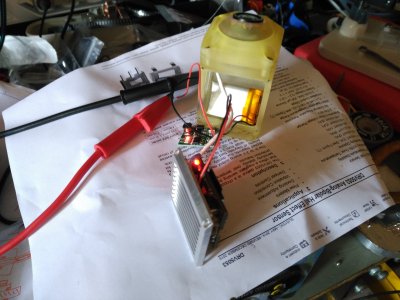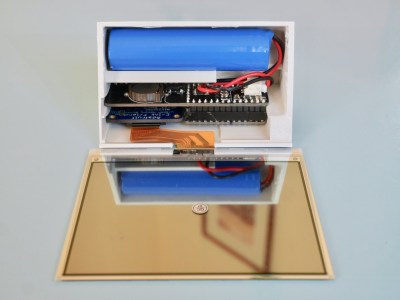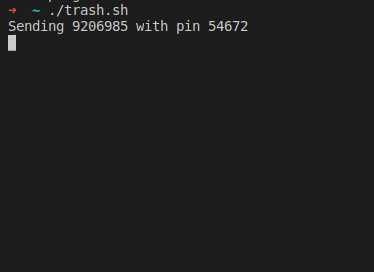Potentially bad news for those of us who prefer not to be assimilated into the Google hive mind: Mozilla seems to be on the rocks. Citing revenue problems, the maker of Firefox and other popular tools will be trimming 250 employees, about a quarter of its workforce, and shuttering its office in Taipei. CEO Mitchell Baker specifically mentioned that “development tools, internal tooling, and platform feature development” in the Firefox team would see reduced investment. Like a lot of companies do these days, she managed to blame COVID-19 for the company’s woes. That seems a little specious to us, but whatever the reason for the downturn in revenue, here’s hoping that Mozilla can keep Firefox alive.
Speaking of our evil overlords, looks like it another one of those “oopsies” moment for Google when it “accidentally” activated some of its smart speakers to listen into household events without the wake word. In this case, a user reported getting a text about a smoke alarm going off in their home. The alarm was not a surprise, since the user was cooking at the time, but the notification was, since they didn’t opt into that particular service. Google’s response was that an update pushed to the speaker accidentally activated that feature, a situation that they say has since been rectified. To be clear, this is an interesting feature and one of the more compelling use cases we’ve seen for a smart speaker, but it’s something we’d certainly want to sign off on before it’s activated. Yes, accidents happen, but these kinds of accidents seem to happen to Google an awful lot lately.
We’ve probably all had the experience over the last few months of being in public when the urge to cough hits. Masked or not, you struggle to fight back the tickle, lest someone hear you and think you’re infected. But now it’s possible for a computer to cough-shame you, thanks to a deep learning cough locater. The model was trained against recordings of people coughing and is coupled to an acoustic camera, which identifies the cougher with a bounding box and a contour image of the cough which looks for all the world like a virtual cloud of microbes. It’s genuinely interesting technology, sort of the public health version of ShotSpotter, but we doubt it’ll be of much practical use in public; if you want to find someone who has just coughed, someone acting like this will likely already be on the case.
Modern jet fighter technology is advancing rapidly, so much so that the forces they can apply during extreme maneuvers can quickly be lethal to pilots. Given that humans aren’t likely to evolve the ability to resist turning into a puddle of goo under high g-forces anytime soon, fighters of the future will likely incorporate AI of some sort. To prepare for that eventuality, the Defense Advanced Research Projects Agency (DARPA) is running some AI fighter competitions this week that really look interesting. Dubbed Alpha Dogfight Trials, the challenge starts with simulated dogfights between AI systems. The winner of those rounds will go up against a human pilot in the final match, which will be streamed live with commentary and multi-screen coverage. You need to register to get in on the action, and time is limited.
And finally, let these three words roll around in your head for a minute: robotic chameleon tongue. It’s actually nowhere near as disturbing as it sounds, since at its heart the “Snatcher” is actually just a beefed-up tape measure. Designed for remote retrieval tasks, the Snatcher can shoots it steel proboscis out almost a meter in just 600 milliseconds. Its designers envision uses for it on drones, but we can see it potentially being deployed on satellites too. It shouldn’t be too hard to build something like this at home, either.




















